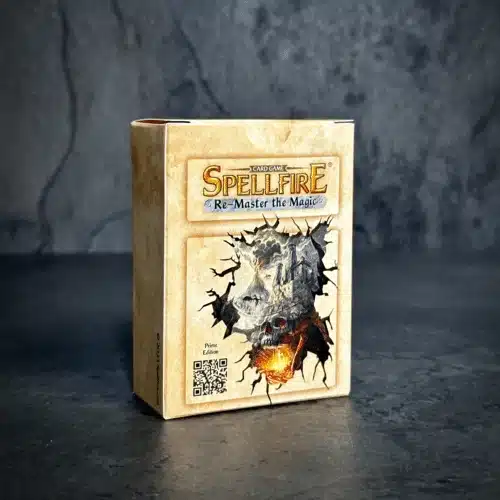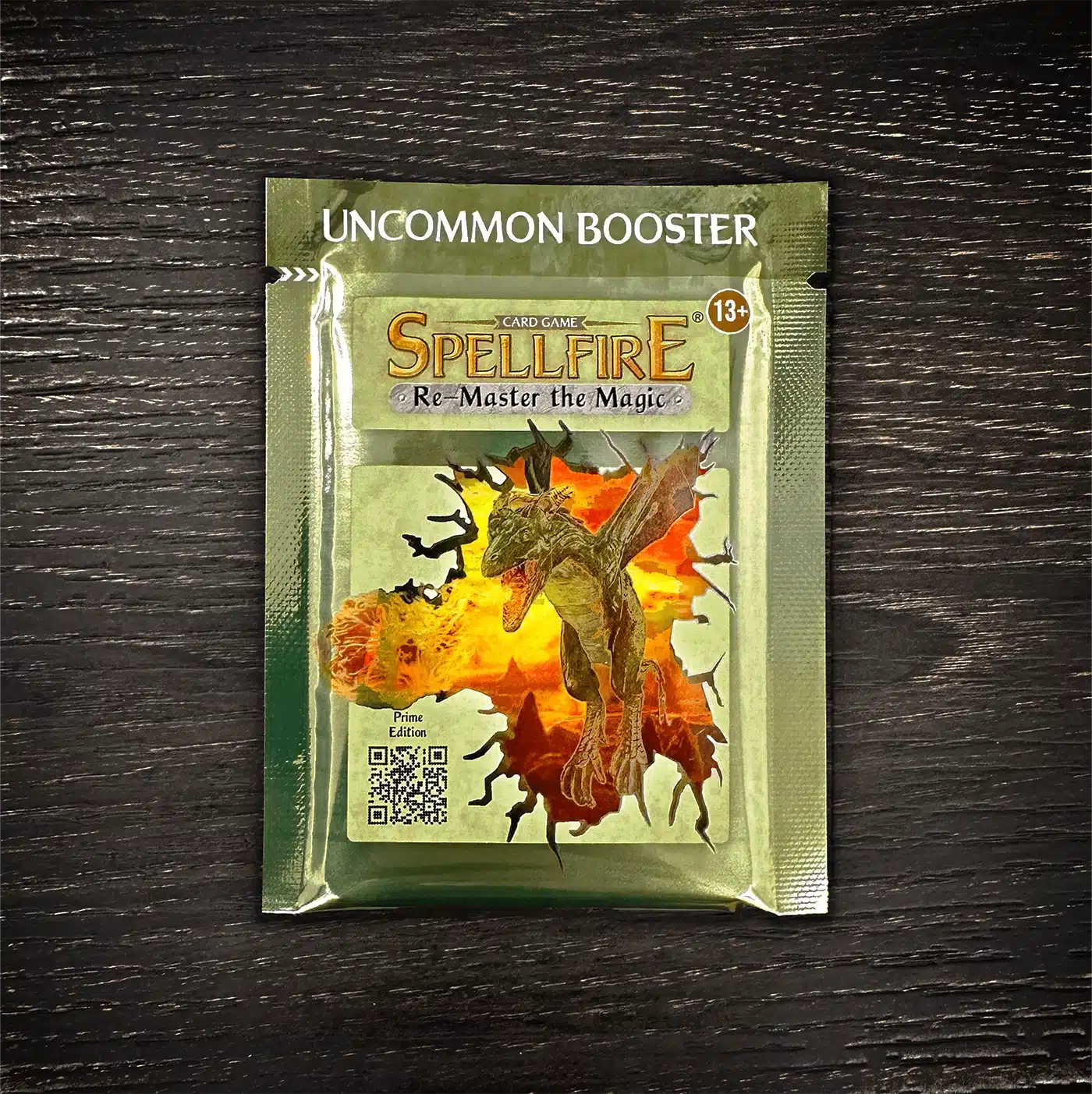The Rules
How to play Spellfire and use the appEvent Cards
How to use Events in Spellfire card game
Event cards can be played at any time, which could happen even during another player's turn. Those that cannot do that are specified in their descriptions. Events generally take effect in the order they are played. Keep in mind that throwing an event before another player has had a chance to play his card from his hand is considered quite rude.
There are two kinds of event cards: harmful and helpful. Players can avoid harmful events by playing Calm (400/CL). Nevertheless, the ignored event still affects other players.
The player who plays helpful events is the only one affected by them, and only scarce rare cards can only negate it with special powers. Despite being unwelcome, it's not considered harmful to permit a different player to have a turn by using the Caravan (131/CL) event, but No player can play this event until the first turn is completed..
After an event card is played and its effect is fully resolved, it is placed in the Void and cannot be returned. Discarded and not used events go to the Abyss.
The "Event Pause"
As soon as an event is played, other players have a chance to do one of these things:
• Negate the Event *
• Duplicate the Event **
• Calm the Event *
• Deflect the Event (Deflection; Hijacking etc.)
* An event can either be calmed or negated clockwise from the event player. An event cannot be negated or calmed after the player has passed his turn.
** Cards cannot duplicate negated events.
When an event has been played, the first action taken by a player must relate to the event. If no action is taken, an event occurs normally. If the event is to be calmed or negated, the event will be nullified, or it can be duplicated against another player. The player can't do both.
If a player's attempt to negate an event fails, he can still Calm that event. In the same way, a player who has two cards affecting the event in his hand can negate the event twice. Actions performed by a player to stop an event that are themselves stopped don't count as an action against events.



